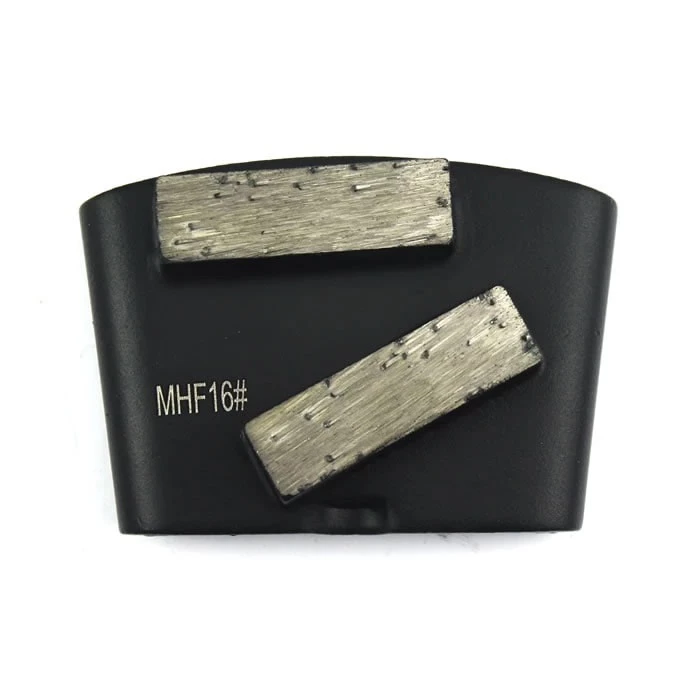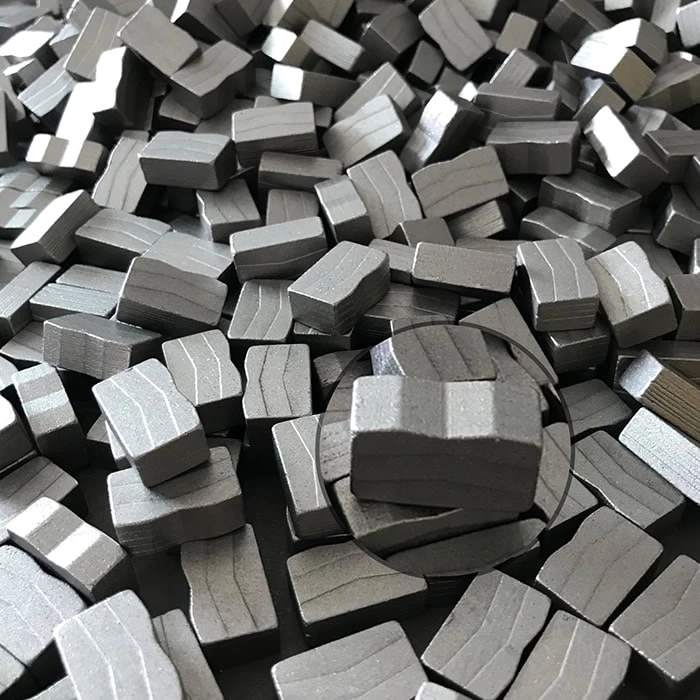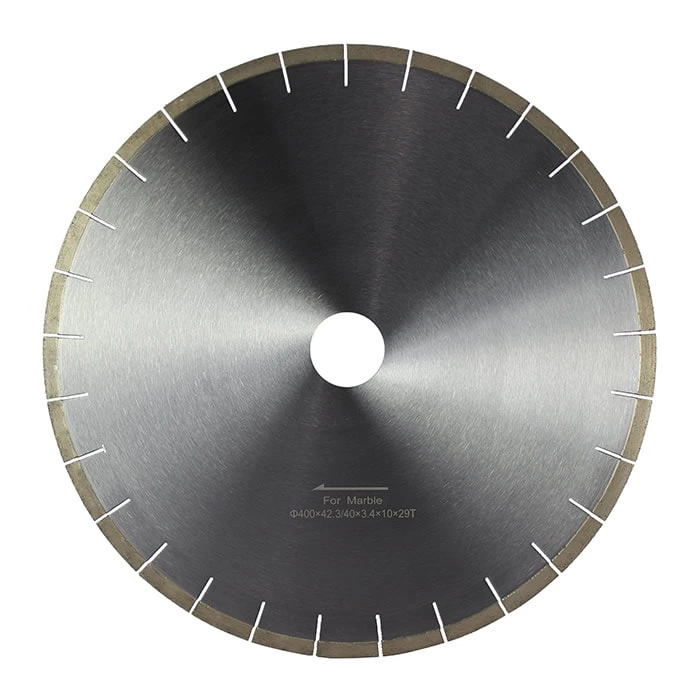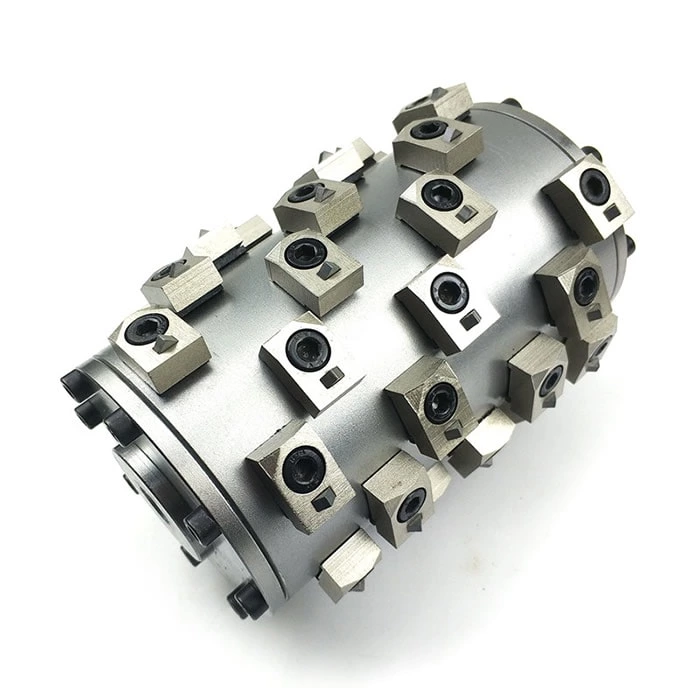Basic Knowledge: 3 Classification Of Floor Grinders
For a new guy, where to study the floor grinders? The most effective way to understand the floor grinder is to begin with its classification. This guide is designed to help newbies understand floor grinders quickly and easily. Floor grinding machines can be classified into 3 main categories according to different classification methods.
By Operation Mode - Walk Bbehind, Ride-On, Remote Control
According to the operation mode, the floor grinders can be divided into 3 types: walk behind, ride on, and remote control. Walk behind or ride on is the basic operation type, and can be with or without remote control, such as "walk behind + remote control" and "ride on + remote control".
Walk Behind:
It is operated with 2 handles to control the speed and direction of the machine. You can choose a walk-behind floor grinder with a self-propelled function, which can save you a lot of physical strength and make the grinding much easier.
Ride On:
The ride-on floor grinder has a comfortable seat with a joystick next to it, allowing the operator to easily control the machine. It is typically utilized on larger machines, such as our "Tank 1500". Because the smaller floor grinders do not have the space to accommodate a seat and are also unnecessary. Obviously, the ride-on floor grinder has a high working efficiency. If the ride-on grinder is large enough, it can be equipped with a cabin and driven with a steering wheel.
Remote Control:
A remote controller allows you to easily control the machines and collect data from the machine through the display. This makes it easy to manage and monitor the machine from a distance.
By Power Type - Electric, Propane
According to the power type, the floor grinders can be divided into 2 types: electric and propane. Both of them have their benefits and drawbacks depending on the context in which they'll be used. In fact, they are complementary.
The Benefits of Propane
A propane-powered concrete grinder eliminates the need to worry about a cord or suitable power source. You can use it in any well-ventilated area and at any time as long as you have propane on hand. If you do a lot of wet grinding, this enables you to work without a dust collector and cords, which results in a more efficient and productive experience.
The Challenges of Propane
There are several advantages to using a propane floor grinder, though there are some corresponding challenges as well. The noise produced by propane grinders can be disruptive, so if you are working in an area where there are people living and working nearby, it may not be the best option.
Also, it is important to note that a propane machine requires a space with good ventilation and additional maintenance. While the maintenance is not difficult or time-consuming, it is something to keep in mind.
The Benefits of Electirc
Compared with propane, an electric grinder is much quieter to operate and doesn't need special ventilation, making it ideal for indoor or commercial/residential use.
In addition, they require fewer maintenance requirements, saving you time.
The Challenges of Electirc
An electric machine requires an external power source, such as a wall outlet or generator. This can be an issue when you're in rural areas or working outside where a reliable power supply isn't readily available.
By Transmission Mode - Rotary, Planetary
For floor grinders, there are mainly 2 different transmission modes: Rotary and Planetary. They work with different methods.
How Do Planetary Grinders Work?
A planetary grinder is so called because it resembles how planets work. The primary disc can be thought of as the sun, with smaller discs representing planets orbiting the sun while also rotating on their own axis.
A large main disk acts as the central point, with several small disks rotating around it at a different speeds. The small discs equipped with grinding shoes touch the floor and grind or polish the surface simultaneously, while the central main disc is used to transmit power only and doesn't grind or polish the floor directly.
The Benefits of Planetary Grinders
Planetary floor grinders are typically lighter than rotary grinders. This is why they are easier to operate and perfect for less intensive tasks, like smoothing the garage floor or grinding concrete to add epoxy coating. Planetary grinders are also excellent for polishing concrete and stone floors. However, they require more skill to operate and should therefore be handled by more experienced operators.
How Do Planetary Grinders Work?
The planetary grinders use geared construction while the rotary ones use belts and pulleys to move the discs. The rotary floor grinder has one or two large discs that rotate and grind the floor directly.
The Benefits of Rotary Grinders
Rotary grinders are typically much heavier than planetary grinders, making them capable for more intensive tasks, such as removing thick rubber coatings, heavy paint layers, or polishing a floor quickly. Due to their weight, they are more difficult to operate and usually necessitate more training and expertise. However, once an operator is familiar with how to manage it, they can execute difficult tasks more quickly.
 Русский
Русский Español
Español 



